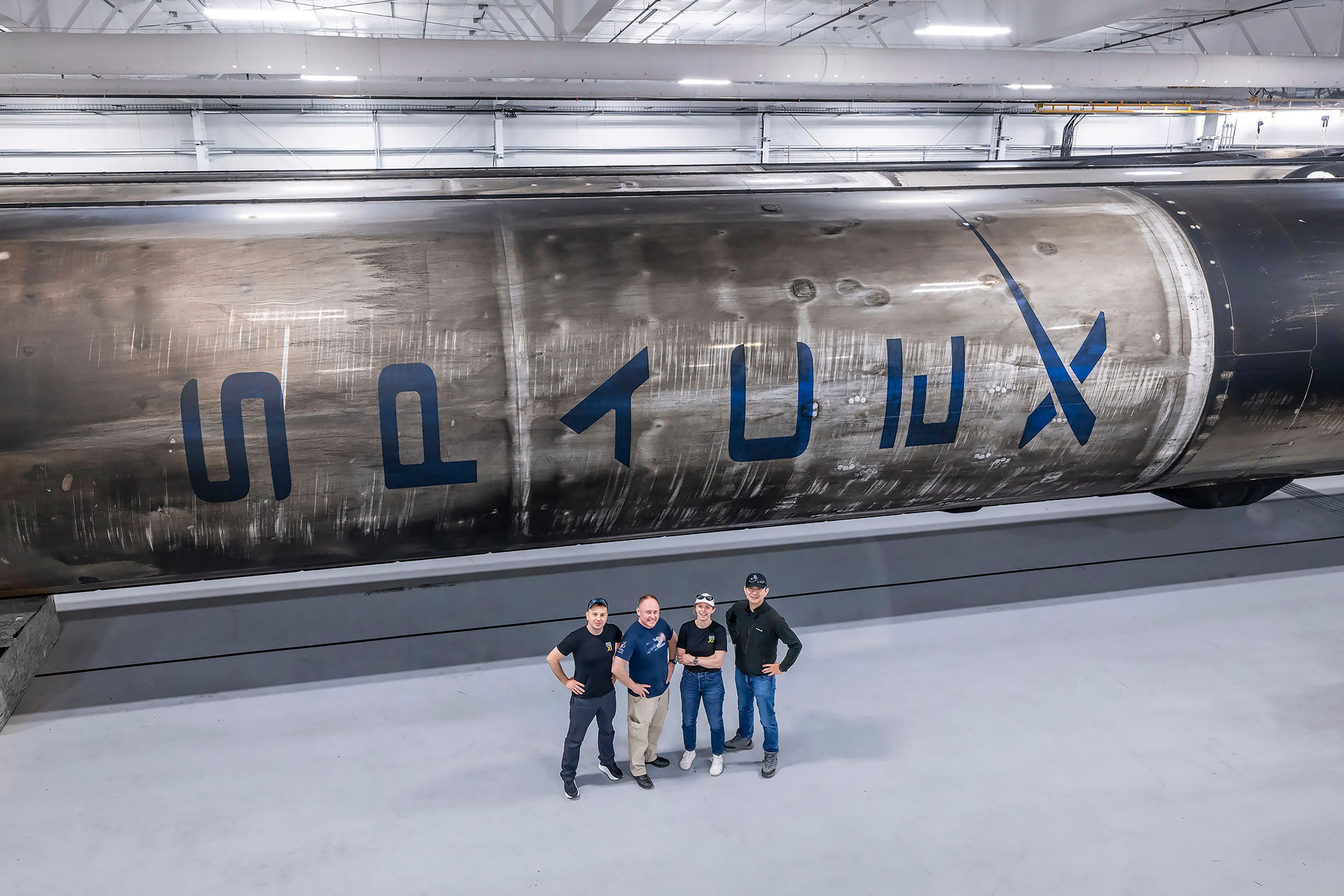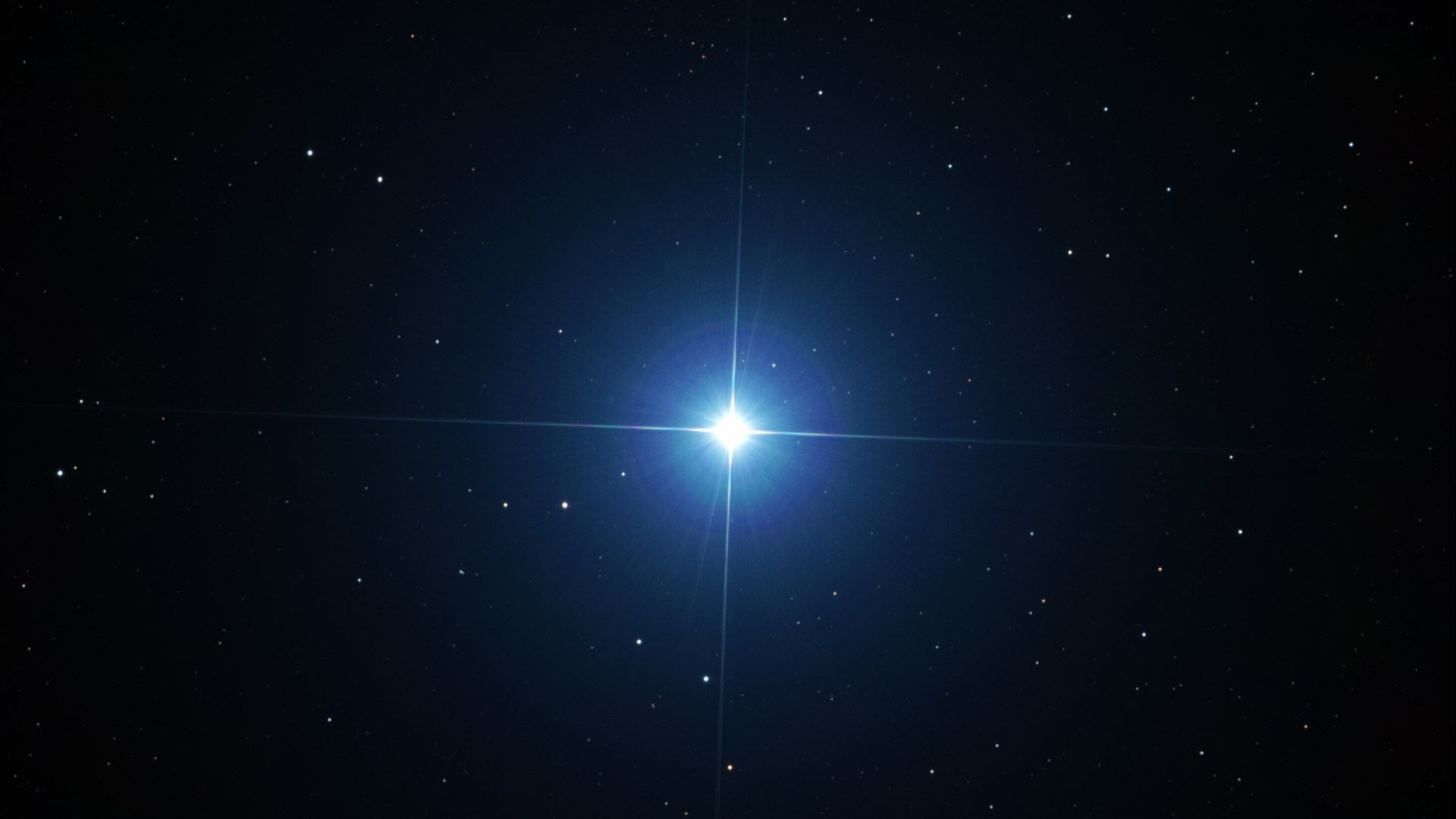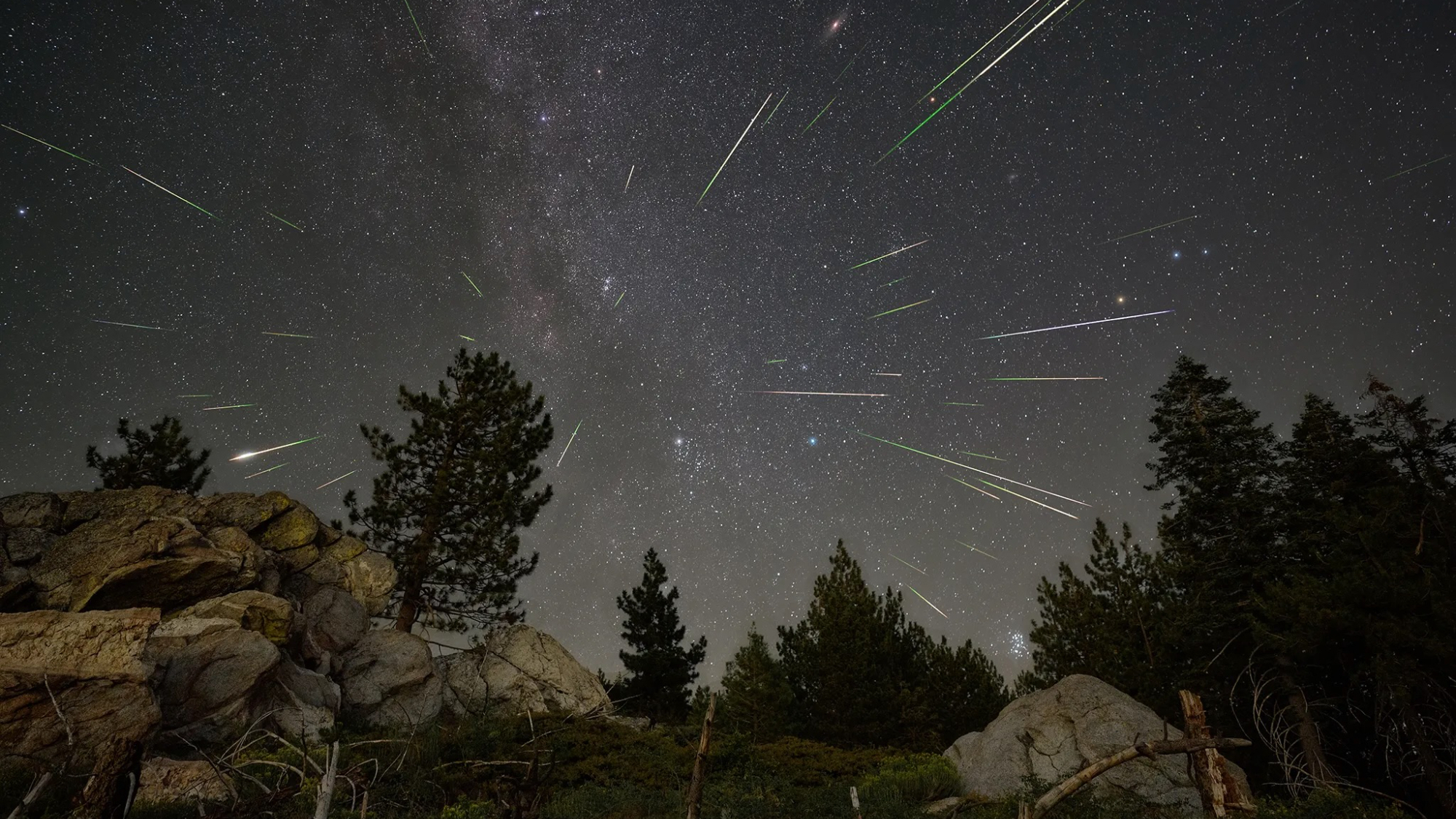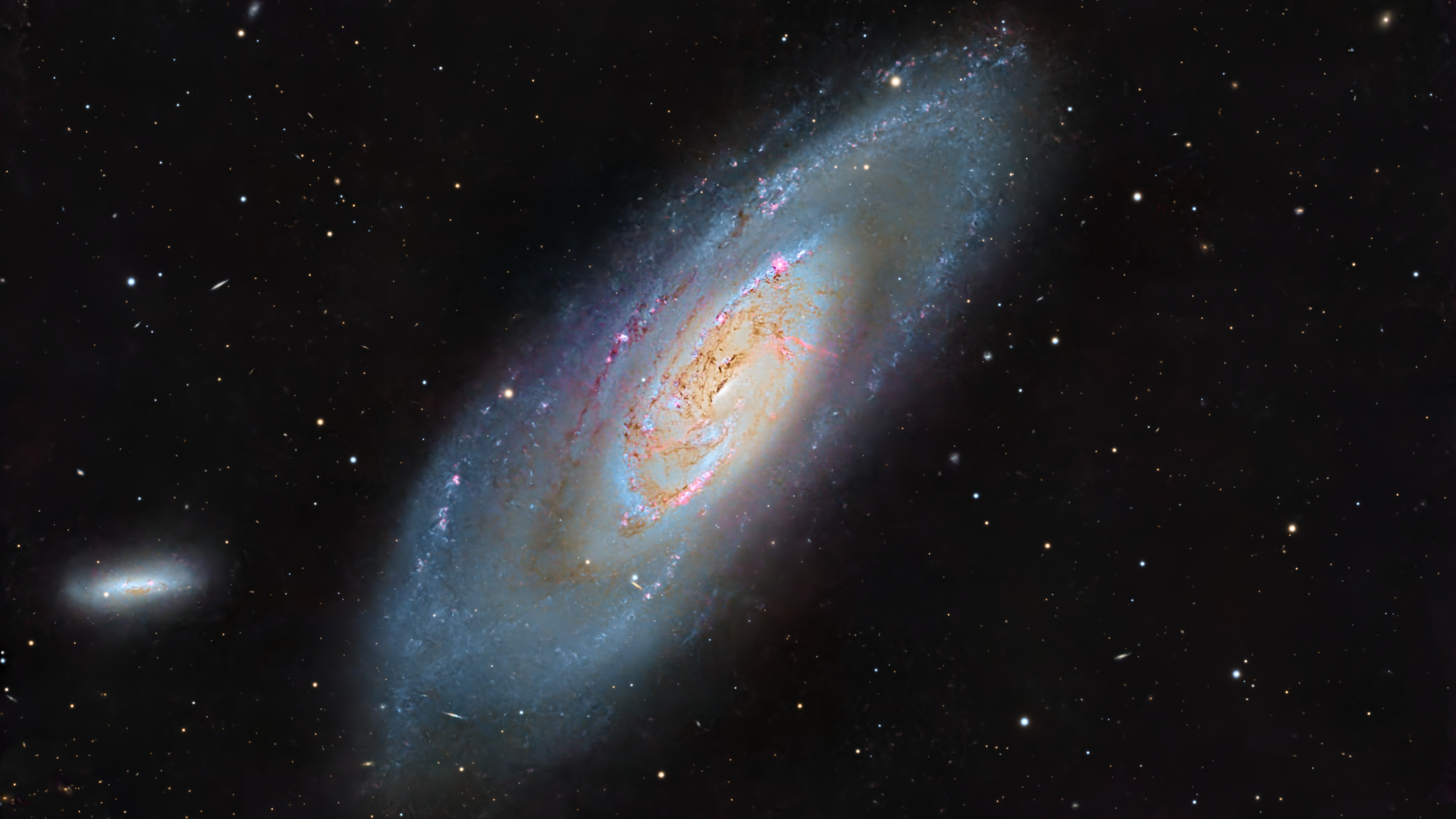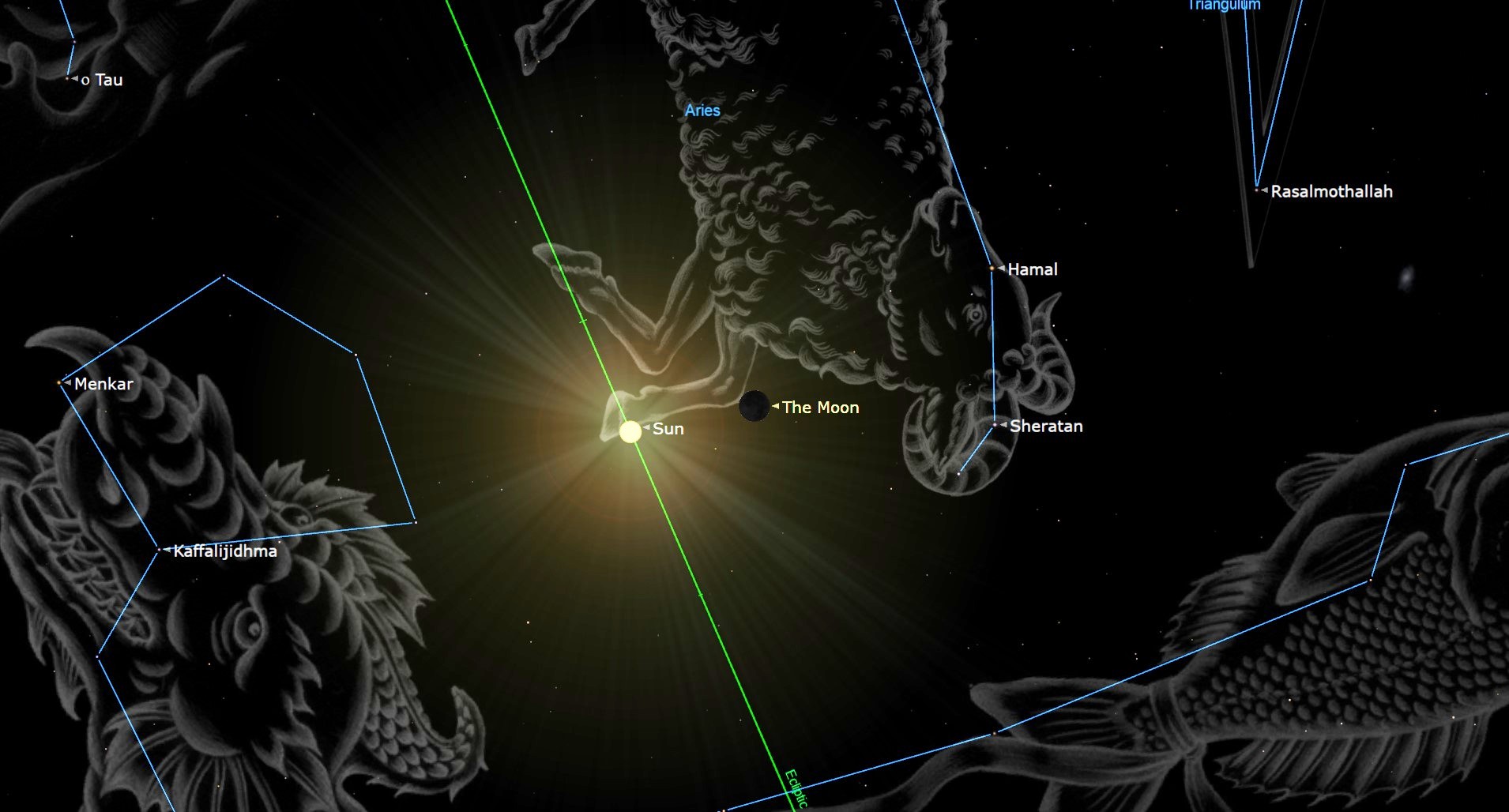Supreme Court to Hear Arguments on NASA Privacy Case
The U.S.Supreme Court is scheduled to hear arguments tomorrow (Oct. 5) from NASA and agroup of scientists objecting to what they say are unrestricted and intrusivebackground checks.
The 28 plaintiffsare government contractors ? engineers and scientists at NASA's Jet PropulsionLaboratory at the California Institute of Technology in Pasadena, Calif. ? whoargue that their work is low-risk and unclassified, not requiring securityclearance.
The plaintiffssaid in a statement that they do not challenge the government's right toperform comprehensive background checks when necessary, but that it is notnecessary for unclassified work that does not threaten national security.
Theirlawsuit, stemming from a 2004 NASA rule, argues that the checks violate theirrights under the First, Fourth and Fifth Amendments and the Federal PrivacyAct.
Years-longcase
In 2007 the JPLscientists sued NASA to challenge the background checksas illegal, unjustified violations of their privacy. On Oct. 3, 2007, theFederal District Court in Los Angeles dismissed the suit. Two days later theU.S. 9th Circuit Court of Appeals agreed with the scientists and issued anemergency injunction that stopped the checks.
The federalgovernment appealed, and the Supreme Court agreed to hear the case.
Get the Space.com Newsletter
Breaking space news, the latest updates on rocket launches, skywatching events and more!
Privacyconcerns
The caseraises questions about constitutional privacy rights, and the longstandingfederal policy that protects the independence of federally funded researchinstitutions such as JPL. The plaintiffs say it also raises concerns aboutattracting researchers to these types of institutions.
RobertNelson, a senior JPL scientist and the lead plaintiff in the case, said in astatement: ?"It would be one thing if our work was classified, but it hasnothing to do with national security or the threat of terrorism. This rule hasthe potential to create an atmosphere of intimidation among our researchers."
Thecontroversy began in 2004 when NASA, then under the direction of Michael Griffin, ordered all scientists working atJPL to undergo comprehensive, open-ended background checks ? beyond thestandard pre-hiring reviews for federal employees ? or risk losing their jobs.
NASAmaintains it was following an executive order from President George W. Bush,who issued the rule to tighten security following the terroristattacks of Sept. 11, 2001. Yet Bush's original order did not mentionbackground investigations; the staff at NASA headquarters added them later.
Otherdepartments covered by Bush's tightened rule, such as the Department of Energy,did not institute similar checks for scientists doing unclassified research, theNASA scientists say. Agreeing to these background checks would hand the governmentfree rein to investigate every aspect of their lives, including their financialand medical records, they argue.
Nextstop: Supreme Court
The Union ofConcerned Scientists, ?a science-based nonprofit organization headquartered inCambridge, Mass., filed a "friend of the court" brief with the federalappeals court in October 2007 in support of the JPL plaintiffs. Last year, theUCS asked U.S. Attorney General Eric Holder not to appeal the case to theSupreme Court.
Theorganization filed another amicus brief last month.
The UCS hasa keen interest in the case based on its long history of working to shieldscience from political interference, said Kurt Gottfried, a co-founder of the union.
"It isvery disappointing that the Obama administration has decided to pursue this appeal,which conflicts with its policy of restoring science to its rightfulplace," said Gottfried, an emeritus professor of physics at CornellUniversity.
"If thegovernment succeeds in this attempt to delve into the private lives ofscientists doing unclassified research on its behalf, it will harm its abilityto attract high-caliber researchers, and undermine the quality of scientificinstitutions like the Jet Propulsion Laboratory, which have put the UnitedStates at the cutting edge of science and technology," he said.
- NASA's New Direction: FAQ
- NASA's Most Memorable Space Missions
- Voices: Experts and Analysts Weigh In On NASA's New Direction
Join our Space Forums to keep talking space on the latest missions, night sky and more! And if you have a news tip, correction or comment, let us know at: community@space.com.

Space.com is the premier source of space exploration, innovation and astronomy news, chronicling (and celebrating) humanity's ongoing expansion across the final frontier. Originally founded in 1999, Space.com is, and always has been, the passion of writers and editors who are space fans and also trained journalists. Our current news team consists of Editor-in-Chief Tariq Malik; Editor Hanneke Weitering, Senior Space Writer Mike Wall; Senior Writer Meghan Bartels; Senior Writer Chelsea Gohd, Senior Writer Tereza Pultarova and Staff Writer Alexander Cox, focusing on e-commerce. Senior Producer Steve Spaleta oversees our space videos, with Diana Whitcroft as our Social Media Editor.
